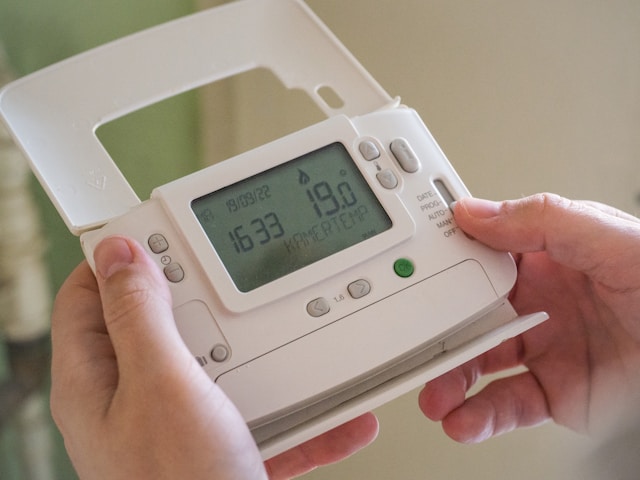From New Year’s Day, until 31st March 2024, a new energy price cap will come into effect in the UK. But how much will it be – and what will the changes mean for your home this winter, after 1st January 2024?
We’ve answered some of the most commonly asked questions about the UK energy cap below.
What Is The Price Cap And How Does It Work?
The price cap is based on the maximum amount an energy supplier can charge for a unit of energy and is set every three months by the regulator Ofgem. The amount is based on a typical household’s energy, calculated by average gas and electricity usage.
For the first quarter of 2024, a household paying by Direct Debit will see the cap increase to £1,928, up from the September-December 2023 total of £1,834. This increase is due to various world events affecting the wholesale price of energy, including the conflict in the Middle East.
Unit Rates And Standing Charges Under The New Price Cap
On average (this varies based on region), the unit rates per kilowatt hour (kWh) and standing charge increases for Direct Debit customers are shown below:
Gas
- Unit rate: 7.42p per kWh (up from 6.89p per kWh)
- Standing charge: 29.60p per day (down from 29.62p per day)
Electricity
- Unit rate: 28.62p per kWh (up from 27.35p per kWh)
- Standing charge: 53.35p per day (down from 53.37p per day)
However, if you pay upon receipt of your bill rather than by Direct Debit or prepayment, unit rates and standing charges are likely to be higher.
Is It Worth Moving To A Fixed Tariff?
With any upcoming energy price change, it’s always worth asking if you’d be better off switching to a fixed tariff to make budgeting easier. But according to MoneySavingExpert.com, ‘there are no fixed deals available right now that are worth considering’.
This is because current predictions indicate a deal would only be worthwhile if it offered a reduction of five percent or more than current rates. And while consistency is attractive due to the feeling of security, you could end up overpaying if future caps fall in 2024 while you’re tied into a tariff.
That doesn’t mean things can’t change ahead of the next energy price cap update at the end of March, so keep an eye out for the best option to suit you.
Want To Know More About Energy Price Cap Options?
If you have any further questions or are unsure about how these price changes might make things more challenging for you, help is available. For support with any problems related to existing financial difficulties or missed payments, try our user-friendly online debt advice tool.
Or, to talk to a member of our helpful team via phone, email, text or online chat, please contact us.


